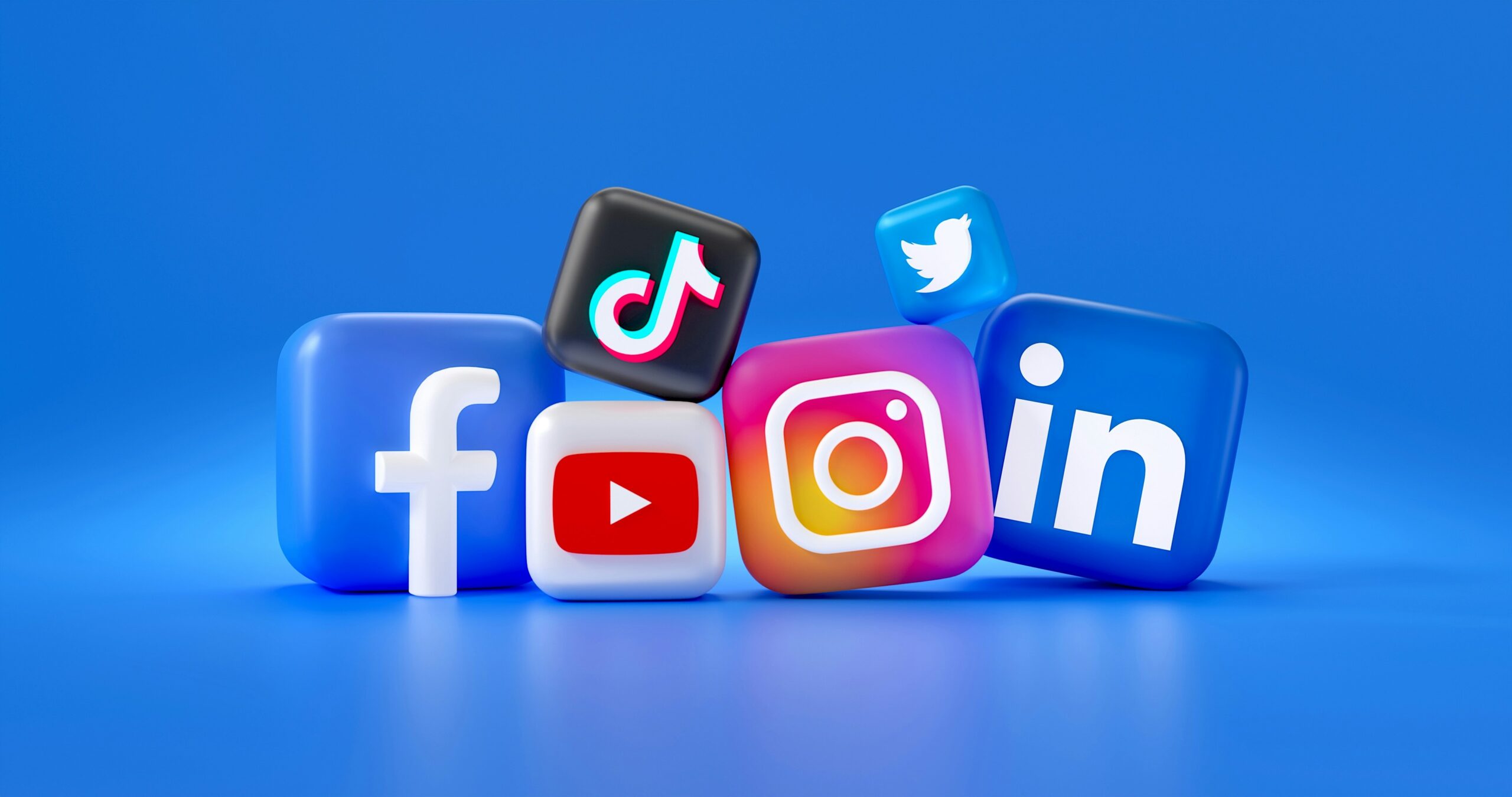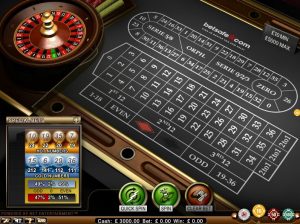
Published on 12/19/2024 14:51:46
The advent of social media has profoundly transformed many industries, and the gambling sector is no exception. The intersection of social media and online gambling has created a dynamic environment that influences user behavior, marketing strategies, and even the structure of the gambling experience itself. From social casinos that mimic gambling without financial stakes to real-money online casinos, the influence of social media is pervasive and multifaceted.
Social casinos, which are designed to replicate the gambling experience without involving real money, have particularly thrived on social media. At real-money online casinos, it can take several minutes to create an account. At social casinos, players can join in a couple of clicks by signing up with their Facebook profile, according to Yay Sweepstakes’ Mike Epifani (source: https://yaysweepstakes.com). That cuts through the red tape to get players to the action faster and easier.
After logging in, these platforms allow users to play games like slots, poker, and blackjack using virtual currencies, and pick up tips for playing at a real money casino. While players cannot win real money, the design often incorporates elements that mimic the excitement and risk of real gambling. The primary revenue stream for social casinos comes from in-app purchases, where users buy additional virtual chips or other game enhancements.
Players engage in these games using virtual coins, which can be earned through in-game activities or bought directly. On some platforms, winnings may be converted into sweepstakes entries, which can then be redeemed for cash, gift cards, or other items. A key aspect of compliance with legal standards is the option for players to acquire free virtual coins without any purchase, ensuring the model remains lawful and accessible.
Social media platforms serve as a natural extension for these games, offering seamless integration and the ability to share achievements or invite friends to join. This social aspect reinforces user engagement, as players compete against or collaborate with their peers.
Social media platforms have provided an ideal ecosystem for online gambling operators to reach potential customers, especially for sports gambling. The vast user base and the ability to target specific demographics through advanced algorithms make platforms like Facebook, Instagram, and TikTok invaluable for marketing. Online gambling operators utilize tailored advertisements, influencer partnerships, and engaging content to attract players. The personalized nature of these ads, combined with the interactive features of social media, creates a compelling allure for users. Algorithms can identify individuals who exhibit interests in gaming, competition, or thrill-seeking, making it easier to target them with gambling-related content.
The viral nature of social media amplifies the reach of social casinos. Users often share their successes, like hitting a big jackpot or achieving a high score, which can attract their social connections to join the platform. This peer-to-peer recommendation is a powerful form of marketing, leveraging trust and social proof to grow the user base. Additionally, social casinos frequently use notifications, challenges, and leaderboards to maintain user interest, which are features readily supported by social media platforms.
On the other hand, real-money online casinos also benefit significantly from social media's influence. These platforms go beyond social casinos by offering the opportunity to wager real money on various games, from traditional casino offerings like roulette and baccarat to modern innovations like live dealer games. Social media enables these operators to create a sense of community and exclusivity around their offerings. Private groups, live streams, and influencer endorsements build trust and excitement around their platforms, encouraging more users to participate.
A notable trend in the integration of social media and real-money gambling is the use of live-streaming platforms. Streamers on Twitch and YouTube, for example, broadcast themselves playing online casino games to audiences of thousands. These streams often include chat features, allowing viewers to interact in real-time. Such content blurs the lines between entertainment and gambling, creating an aspirational model for viewers who may be drawn to the excitement and potential rewards showcased during the streams. Influencers play a key role in this ecosystem, as their followers often trust their recommendations, further legitimizing the gambling platforms they endorse.
The integration of gamification elements in online gambling, facilitated by social media, has also contributed to the industry's growth. Features like daily bonuses, achievements, and progressive challenges make the experience more engaging and align it with other forms of digital entertainment. Social media amplifies these gamification elements by encouraging users to share their progress or compete with friends, creating a feedback loop that keeps players returning to the platform.
However, the influence of social media on online gambling is not without its challenges and criticisms. One major concern is the blurring of lines between gambling and gaming, especially for younger audiences. Social casinos, while not involving real money, can act as a gateway to real-money gambling. The mechanics of these games, such as randomized rewards and near-misses, are similar to those used in real-money gambling, potentially normalizing gambling behaviors. Critics argue that the accessibility and promotion of such games on social media expose vulnerable populations to gambling-like experiences, which could lead to problematic behaviors over time.
The rise of microtransactions and loot boxes in video games has also contributed to the normalization of gambling-like behaviors among younger audiences. These features, often shared or promoted through social media, use similar psychological triggers as gambling. While not officially classified as gambling, loot boxes and similar mechanisms have sparked debates about their impact on behavior and their potential to act as a precursor to real-money gambling. Social media further amplifies this issue by enabling discussions, sharing, and even trading of in-game items, making these activities more visible and appealing.
Social media also offers opportunities for harm reduction and education. Platforms can be used to spread awareness about responsible gambling practices and provide resources for individuals seeking help. Online communities and support groups hosted on social media can offer a sense of solidarity and shared experience for those dealing with gambling-related issues. Some gambling operators have also taken steps to promote responsible gambling by incorporating self-exclusion tools and setting spending limits, and social media can play a role in communicating these features to users.

Do you remember the Hangover movie? Who doesn't. This classic comedy is now entering the world of gambling through the Weekend in Vegas slot machine game

Try Fortune Teller online slot machine just for fun or learn the game here at Spin Castle

Try Roulette High Stake online roulette just for fun or learn the game here at Spin Castle